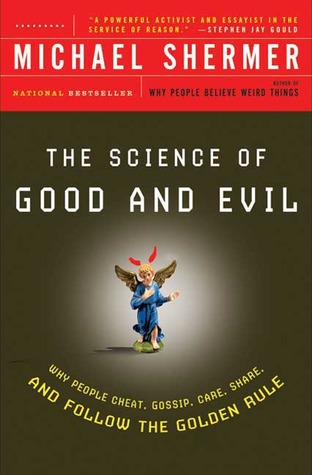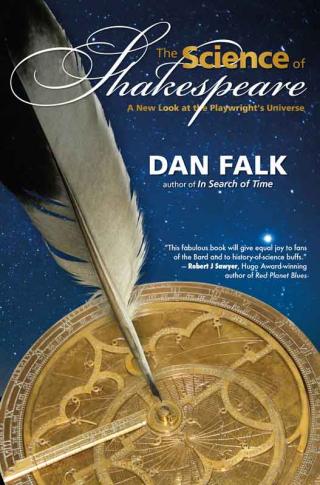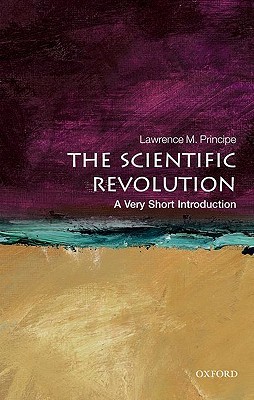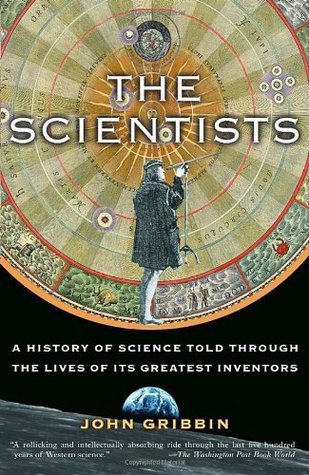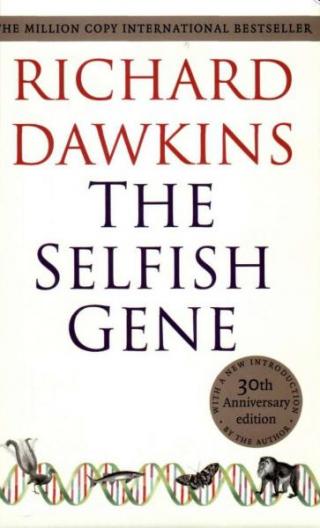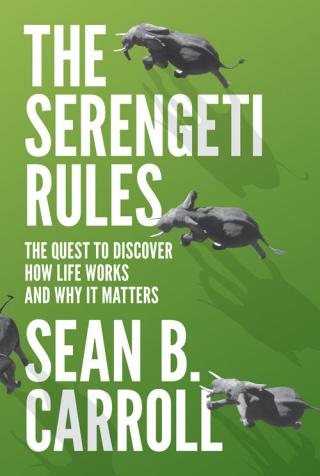Другие научные, Психология
The Science of Good and Evil: Why People Cheat, Gossip, Care, Share, and Follow the Golden Rule
A century and a half after Darwin first proposed an "evolutionary ethics," science has begun to tackle the roots of morality. Just as evolutionary biologists study why we are hungry (to motivate us to eat) or why sex is enjoyable (to motivate us to...
